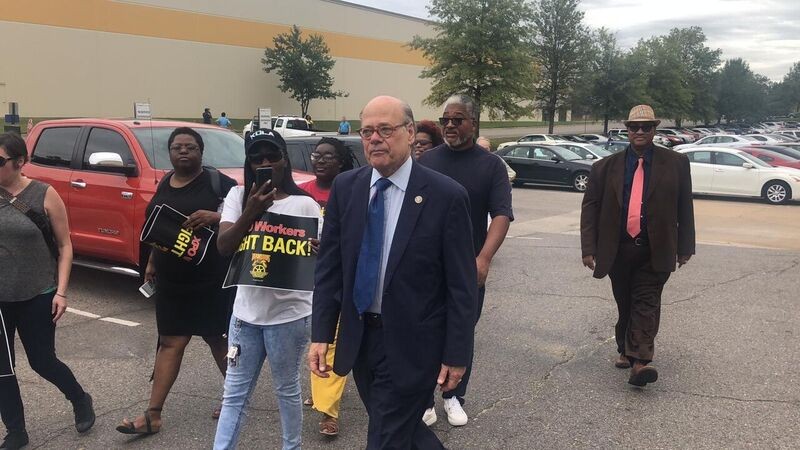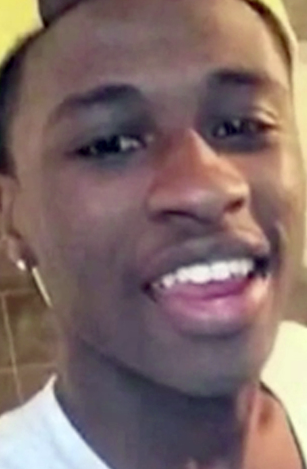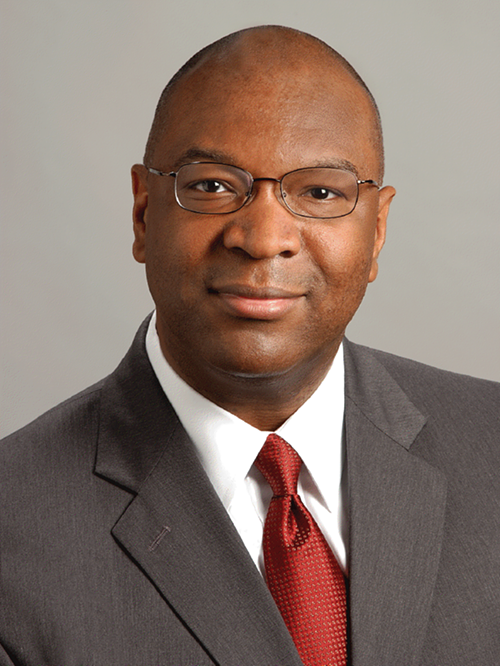Jarvis Howard and a painting he did for Oak Court Mall.
Once he began drawing, Jarvis Howard couldn’t stop.
Literally.
Take elementary school math class. “Every time we did a test I’d flip the paper over and I’d draw,” Howard says. “I wasn’t dumb, but at that that point I went to school to draw. I’d flip it over and do sketches. Doodling.”
After he failed math that year, he got a comment on his report card from his teacher, who wrote, “For drawing in my class. I told you.”
Howard, 26, now has his paintings at various locations, including Oak Court Mall and J. Elite Salon and Studio. His work also has been featured in a children’s book and at private homes.
A native of Tunica, Mississippi, Howard became an artist in a roundabout way. In third grade, he wanted to win the $100 prize for best poster in the drug free poster contest. “I took the easy route. I had two cousins who could draw as well as I draw now.”
He enlisted one of them to make his poster. “I threw her a couple of dollars for her to do it for me. I knew I was going to win because of how amazing they drew.
“I got off the bus with my poster. I didn’t get in the classroom good my teacher snatched the poster from me. She was so excited, bragging about it to her students. I had a good feeling in the hall. Everybody was talking about the poster.”
He won the check for $100, but one of the judges then told his teacher, “It’s impossible for any third grader to do art work like this.”
They took the check away.
The cousin who did the poster for him was 22 years old, Howard says. “A hundred dollars at a time was a lot of money for a third grader. I got kind of sad. But that made my spark come. I promised I’d learn to draw some day. It motivated me.”
To gain accelerated reading points, Howard checked out comic books, including Rugrats, and Rocket Power, to get the feel of it. How to get the hang of the control of the pencil. I was making progress. I just kept going and going.”
By the time he was in the fourth grade, Howard was drawing portraits in class — while his teacher was in the hall. “I’d draw all my classmates. I had them look at me for five minutes and I’d keep going non stop. My sketch portraits. Man, they looked just like them.”
One of his teachers gave him positive feedback. “She just told me I’m going to be great one day.”
After his family moved to Memphis in 2008, Howard’s passion became baseball — pitching and playing short stop — at Kingsbury High School. “I found my peak. I loved baseball. I was a baseball player and I was the water boy for football. That took most of my time.”
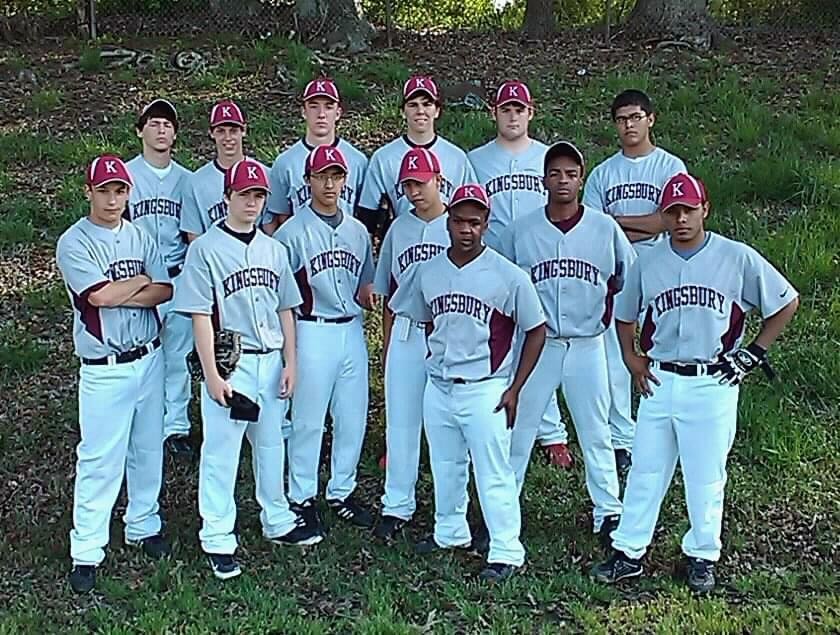
He continued to get encouragement for his art. “I was good at shading and my line work was real good.”
One teacher told him, “I like your style,” but he wanted him to work with different materials. “I was doing colored pencils and crayon-type work. He said to try something different. Like ink pen.”
Howard drew what he saw. “What I’d see in books or based on movies I’d see. I’d put all my inspirations together. I was doing a lot of graffiti letters, drip letters, and stuff like that. I’d see a lot of trains with graffiti letters, so that kind of inspired me.”
He gave baseball a shot after he entered LeMoyne-Owen College. “I tried out twice, but it felt like I was losing it.”
Howard then realized the other guys planned on making baseball their career. “I thought, ‘Man, they’re serious. I’ve got to find something else for me to do. Art. This is what I’m going to do.”
He majored in fine art until he transferred to University of Memphis, where he began working in graphic design.
But in 2017, his art direction changed. “My life really changed for the better, man.”
He was working on some of his drawings outside at U of M. A woman near him was painting on clothes. “She said, ‘What are you going to paint on your jacket?’ I said, ‘I can’t paint.’”
She assured him he could.
Then one day Howard painted “Blues Clues and different Nickelodeon characters” on his jacket. “Next thing you know I moved onto canvas.”
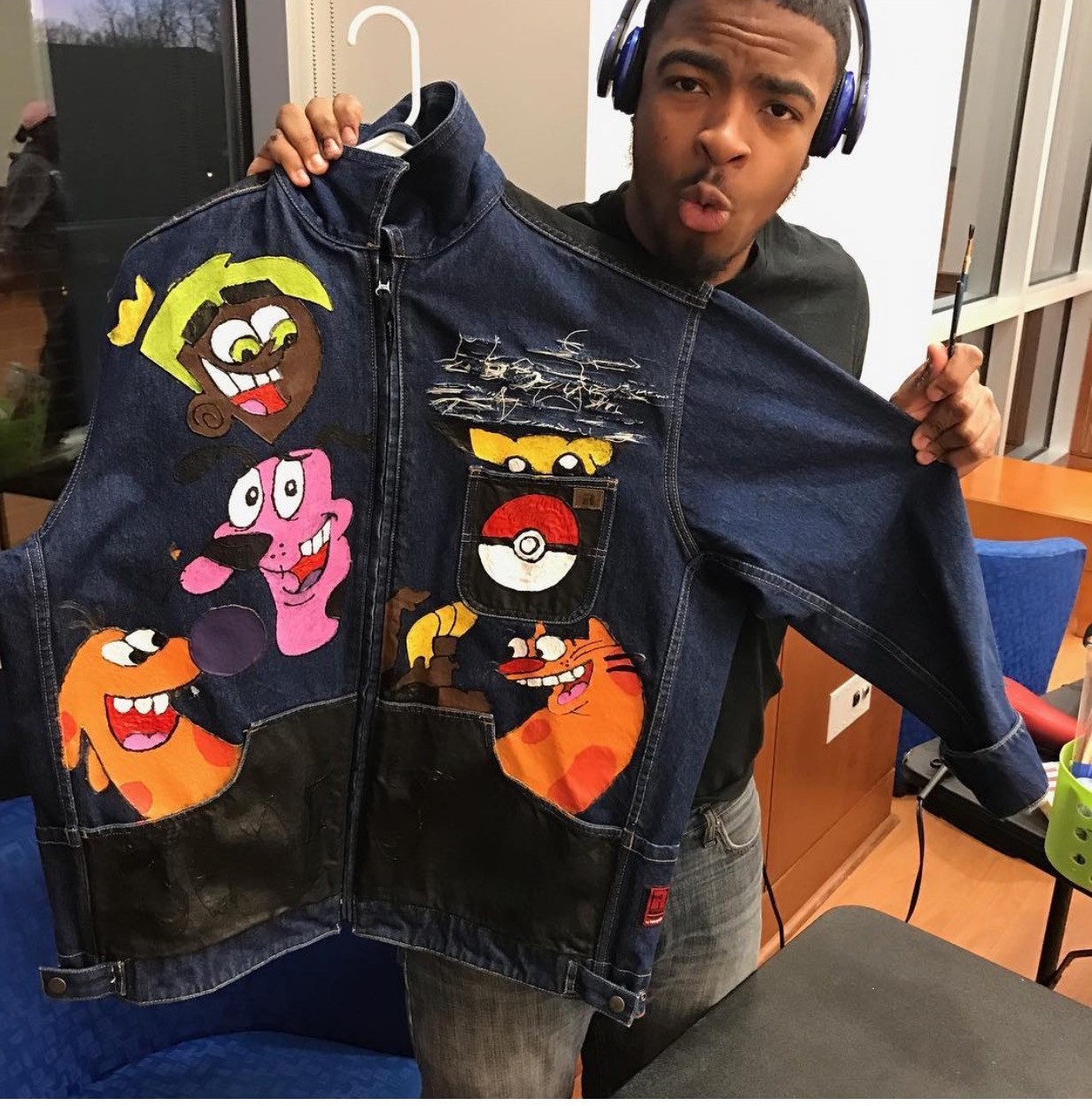
His first painting on canvas was “a guy from the Wild Thornberries. It was pretty cool. I just kept at it ‘till I mastered it.”
People began asking if they could buy his paintings. “Man, when I started making a little money from canvases and stuff, I knew this was something special.”
Painting came naturally to him. “I felt like I already had it inside me. You just have to do it. Once you mess up, you can paint over it. You don’t have to get another piece of paper.”
He painted with acrylics, which he continues to use. “I’m the acrylic king. I love acrylic.”
In 2017, Howard won the NAACP Artist Expression prize for his paintings, which included “Black Card,” a Black Lives Matter piece. “A lot of people were falling victim to police brutality. Instead of using a serial number on the card, I put dates of black people that got killed, their birth date and the day they got killed.”
For the expiration date, he wrote, “Am I next?”
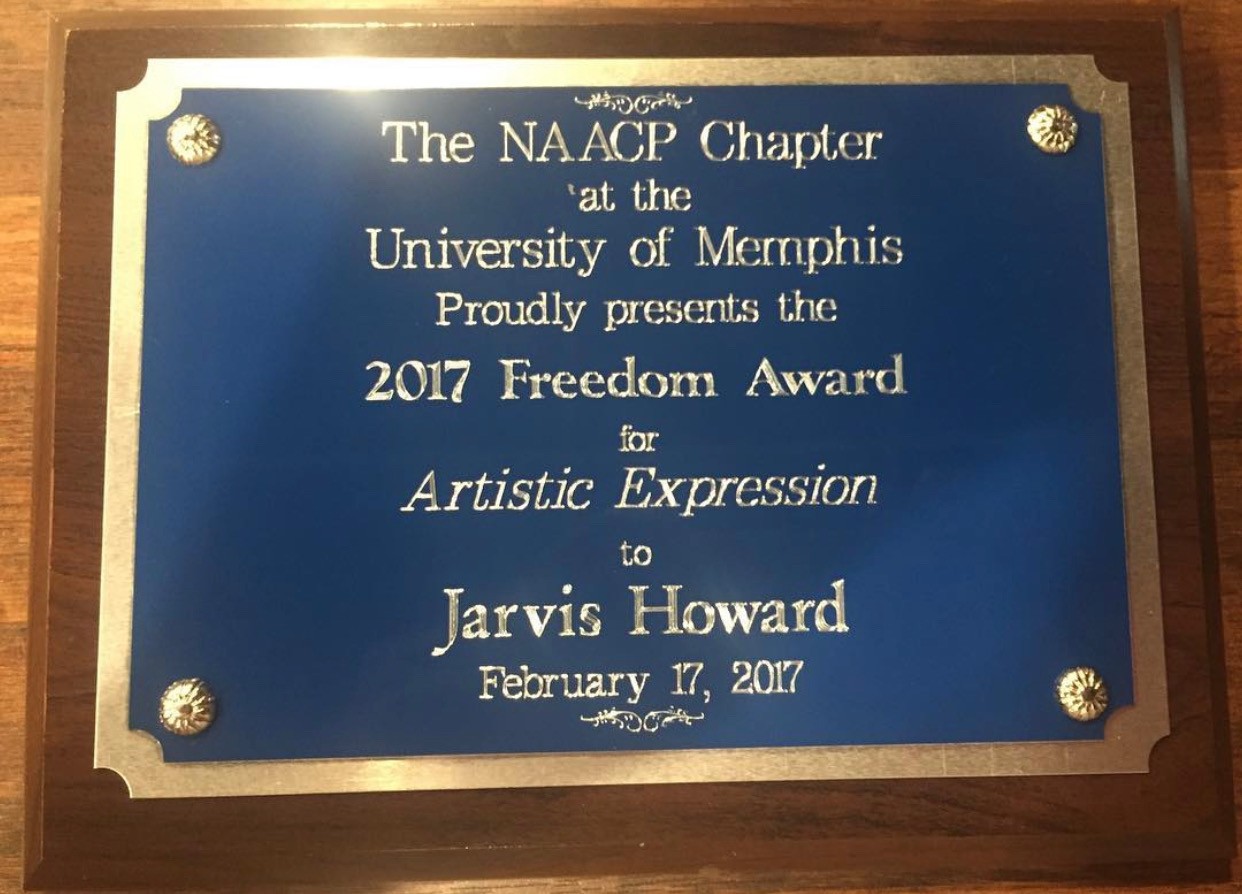
Howard’s art work took off in various directions. He began turning his sketches into comic books.
He presented a portrait he did of Rich Homie Quan after the rapper appeared at a spring show at U of M. Quan told him, “Hey, bro. You cold. You’re serious about your grind. You’re serious about what you do.”
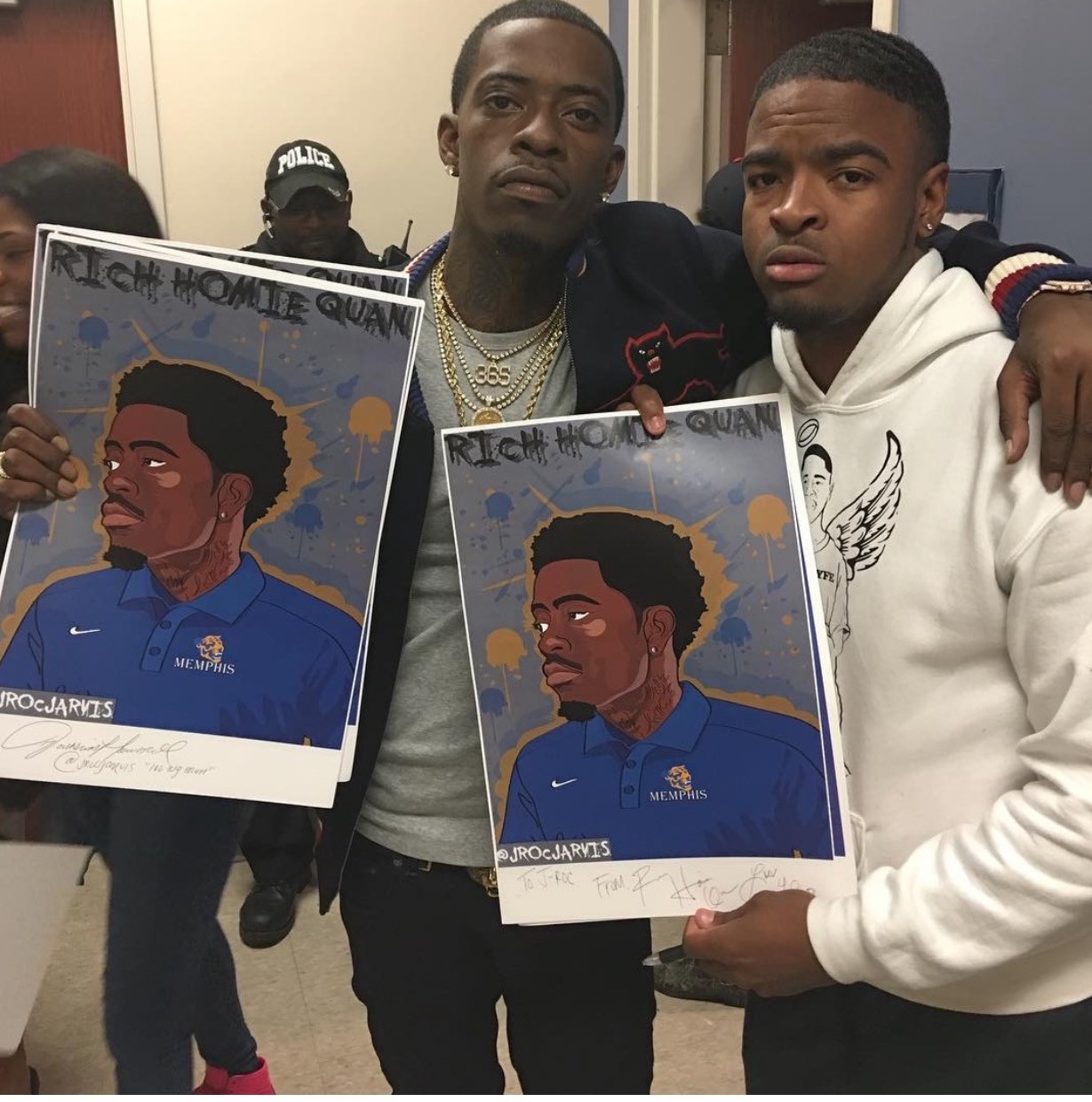
Rich Homie Quan
Howard did a digital graphic for the manager of 2 Chainz to use for merchandise for fans.
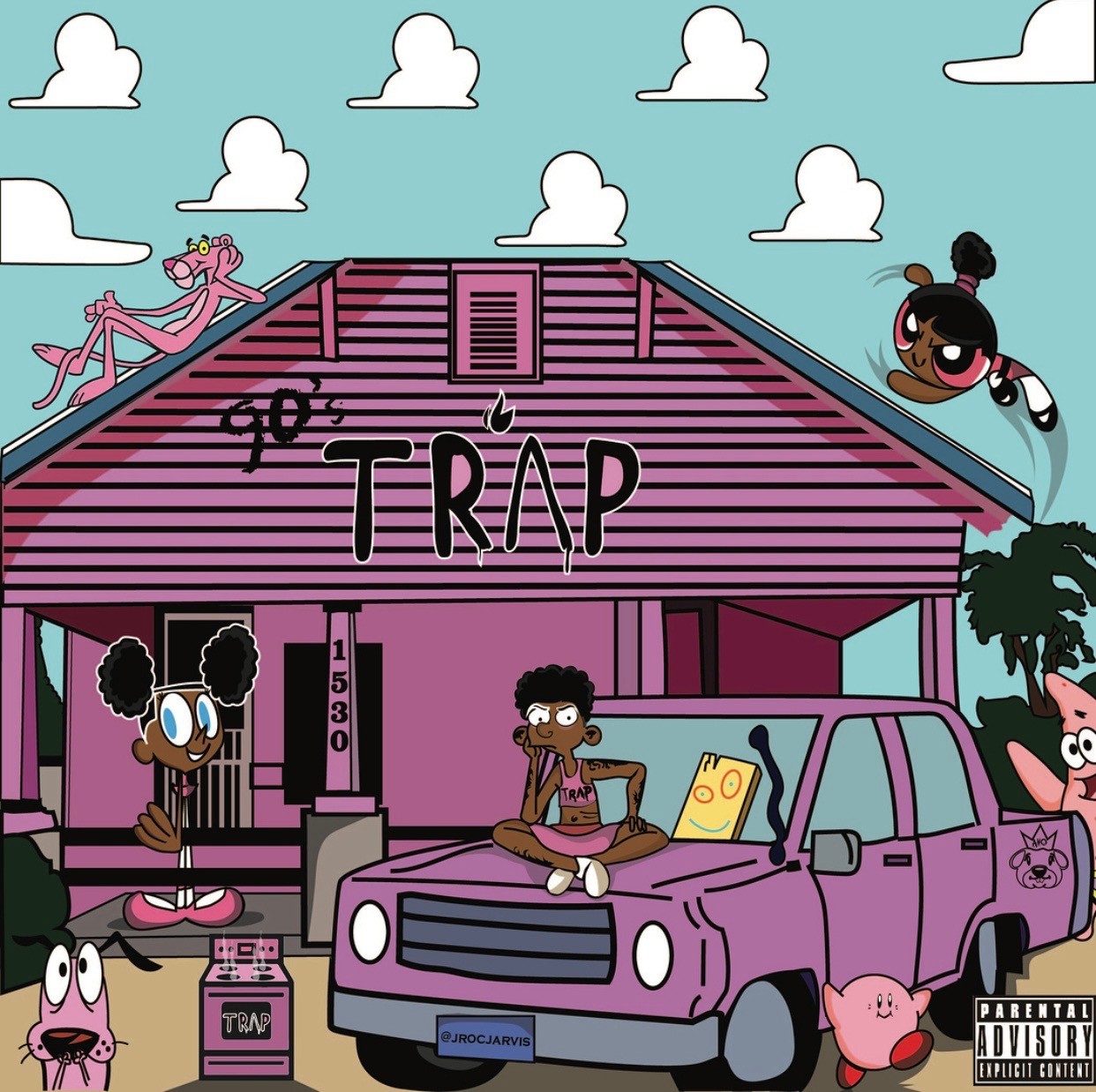
A digital praphic Jarvis Howard made for 2 Chainz
His other works included “a little NBA poster for Tyree Black for The Tyree Black Foundation.”
A friend suggested Howard could get his “name out there” by setting up an easel and painting during a U of M graduation. So, Howard did an on-sight painting that included “black hands throwing graduation hats in the air.”
U of M president Dr. M. David Rudd was impressed, Howard says. “He said, ‘Looking forward to meeting you on Friday and giving you a check for that great art work.”
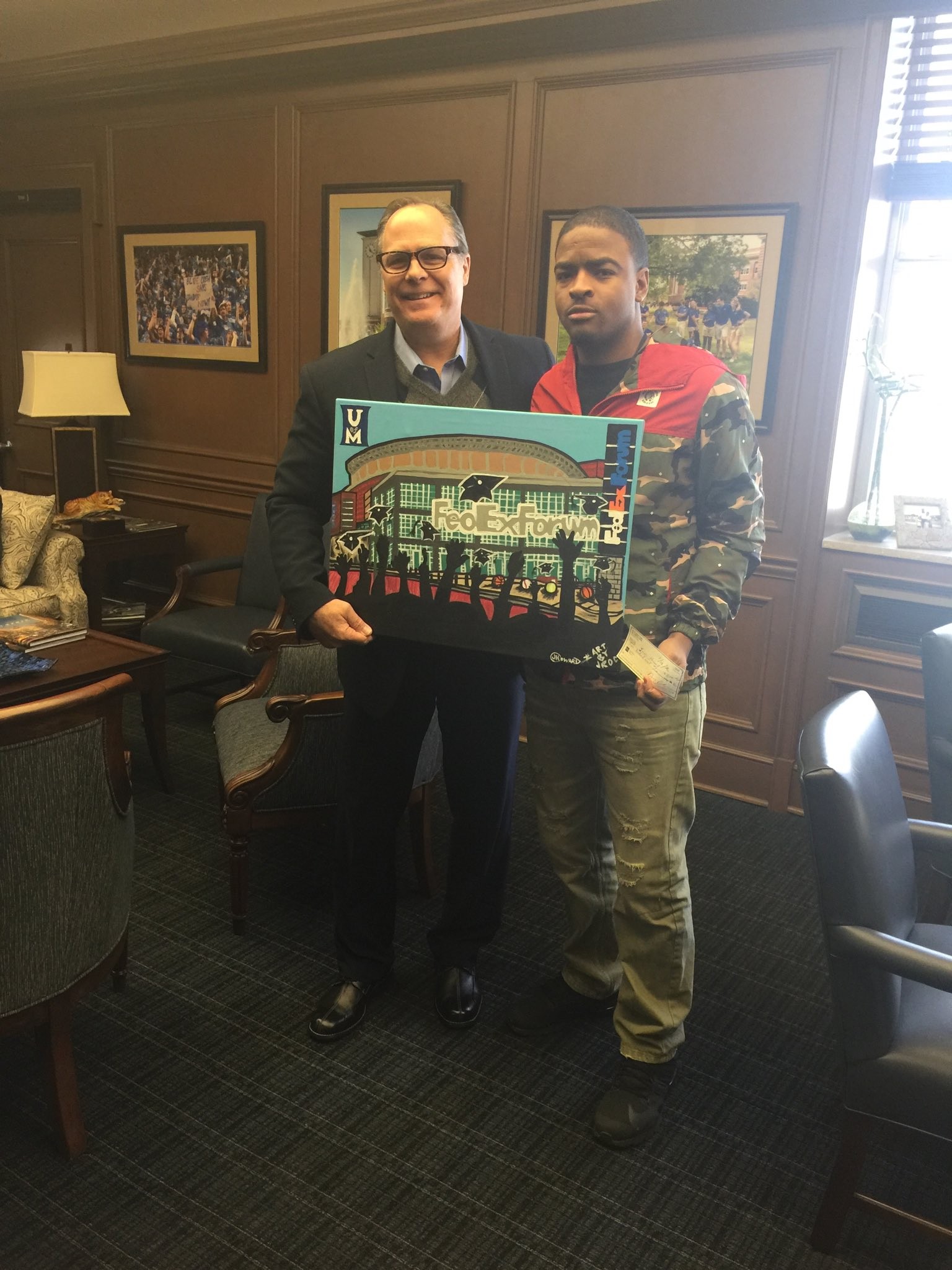
Dr M. David Rudd and Jarvis Howard
Shortly after, Howard was one of the founders of Artistry on Campus. “A group of visual artists, the majority black. I felt like there was a way for black people to showcase their talent. I felt like a lot of art students on campus, white students, had their art in a museum. But these talented black kids, maybe they were scared to get their work out there.”
Rudd was instrumental in getting a $5,000 mural commission for Green Animal Hospital for Artistry on Campus members, Howard says. “It’s just an ‘I Love Memphis’ wall with white dog paws going all around the building.”
Howard went on to do a solo commission for $1,000 at Oak Court Mall. The painting included the Pyramid, the B. B. King Blues Club logo, Harrahan Bridge, Choose 901, and the Redbirds and Memphis Tigers logos.
His coloring books began taking off. “At the time I was just a young black man trying to make some money.”
He and Jonathan Russell, who was in the art group, did one at Custom Images 901 that included “Tops barbecue, street signs, and stuff like that.”
The following year, they did a Memphis painting outside Oak Court Mall.
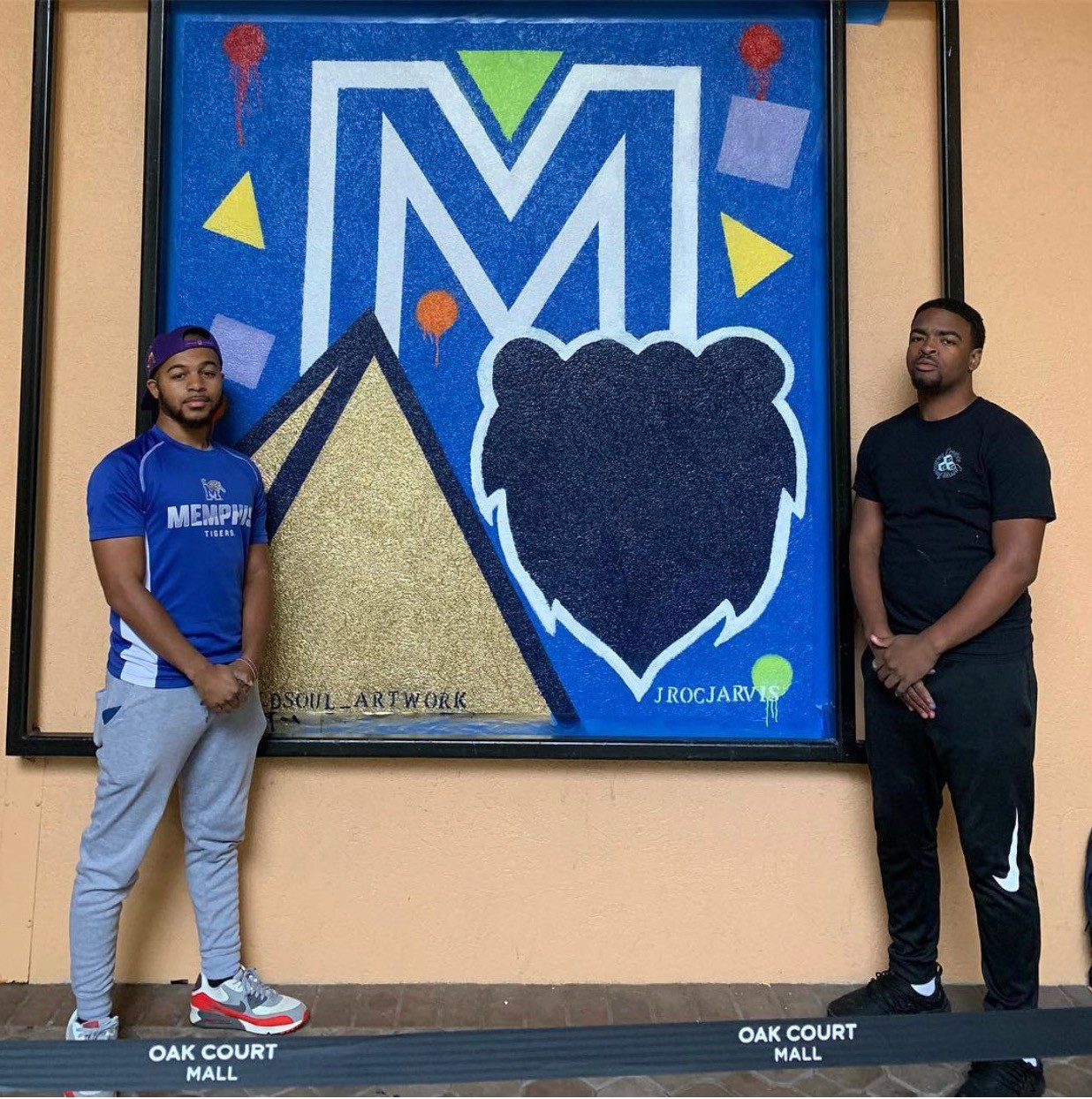
Since graduating with a liberal arts degree, Howard has done everything from painting images and lettering on the glass door at Arnold’s Barbecue and Grill to painting a Lion King mural for a baby nursery.
Last August, Howard did a painting for J. Elite Salon and Studio. “Just a business name and two silhouettes of black girls with different hair styles.”
Before the pandemic, Howard threw painting parties, where he would pre-draw the canvases and the guests painted them. “Like a coloring book.”
During the pandemic, he conducted a “virtual” painting party, where he demonstrated how to draw characters.
Howard did the illustrations for his first children’s book: “Spotted” by Sasha Owens. “A book about a lot of different animals that have spots. I just made it fun. To make people stop bullying.
“I just got working on my second children’s book by a girl I graduated with from high school, Alexis Young. This is ‘Vulture and the Sparrow’ about a vulture trying to come into a community of birds and try to be greedy and steal all their food.”
So, what keeps Howard going as an artist every day? “When people see me out here doing it, I give people that never had hope, hope.”
To reach Howard on all social media platforms, go to jrocjarvis. Or jrocjarvis@gmail.com.

 ShelbyCountyTn.gov
ShelbyCountyTn.gov  Tn.gov
Tn.gov 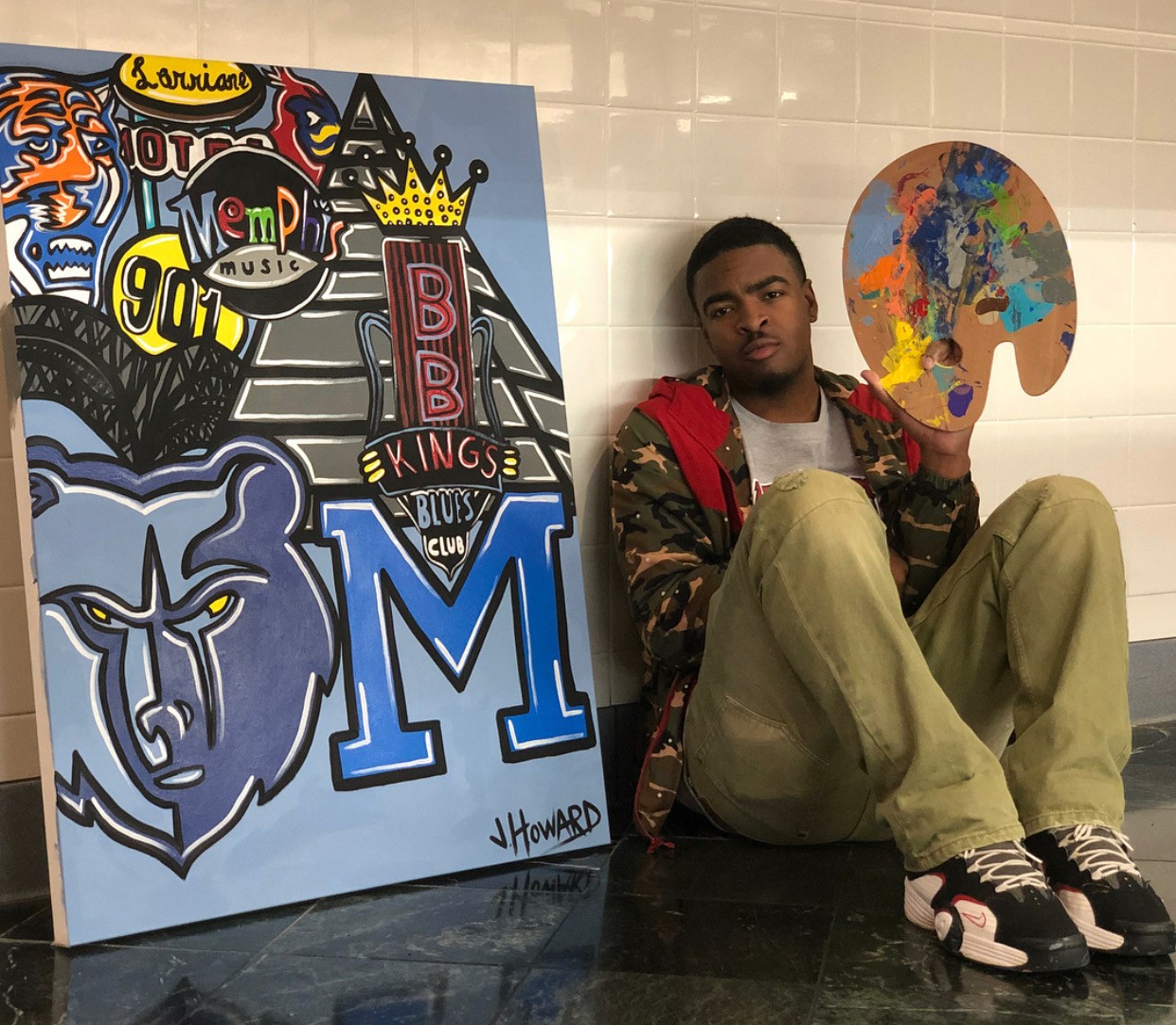








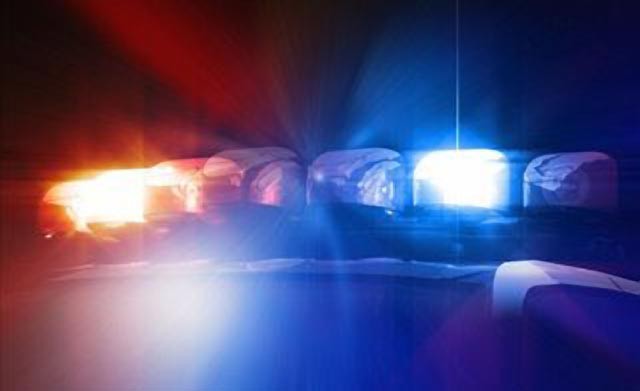
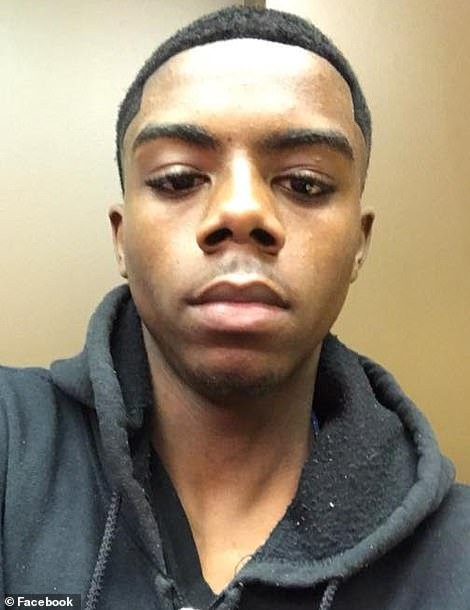 Facebook
Facebook 